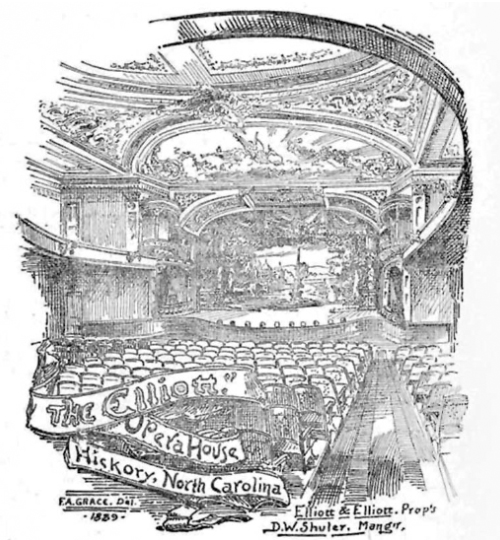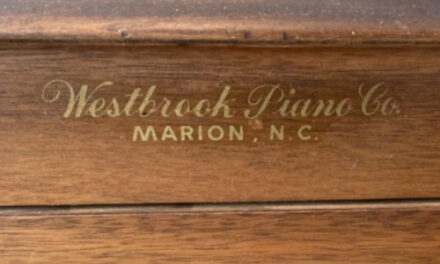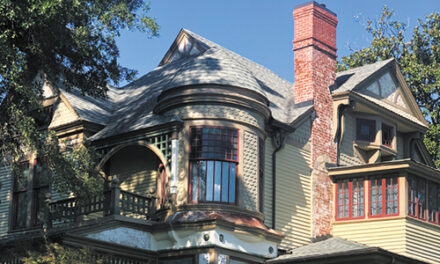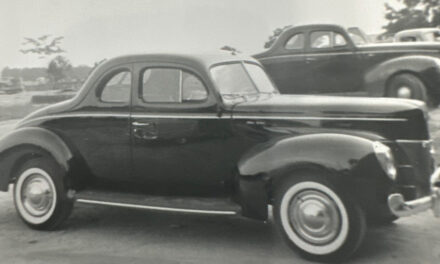
“A perfect gem,” “an ornament to Hickory,” and “the best equipped theatre in the state.” That’s how the press described the Elliott Opera House when it opened in January of 1890. Local Hickory builder Joseph D. Elliott decided his home town needed culture, so he built a stop along the railroad line for national acts to perform for the local population.
Located then just across the street from where Hickory Community Theatre is today, the structure was grand. It seated 800 and included box seats at the edge of the proscenium stage. The theatre sported a very “Victorian” decor with a large mural, draperies and wallpaper over every inch of viewable wall space. Everything about the Elliott Opera House was billed as opulent.
 Actually, it comprised just the upper floor of a three story building that housed a hardware store below and the Hickory Printing Company, owners of the town’s newspaper at street level. However, the opening of the venue made news across the state. Only in Asheville, did the paper take a swipe at Hickory’s newest attraction, calling it “a neat little hall.”
Actually, it comprised just the upper floor of a three story building that housed a hardware store below and the Hickory Printing Company, owners of the town’s newspaper at street level. However, the opening of the venue made news across the state. Only in Asheville, did the paper take a swipe at Hickory’s newest attraction, calling it “a neat little hall.”
For the grand opening, the Boston Quintette, a chamber music ensemble performed. The railroad brought folks from Morganton, Lenoir and Newton. The special train was arranged and promoted by the opera house’s first manager, Daniel W. Shuler, the one who built what we know today as Harper House. The townsfolk were so thrilled with the facility that they pooled their money and on opening night Mayor J.G. Hall presented J.D. Elliott with a gold headed cane to show their appreciation.
Elliott’s vision and his investment succeeded spectacularly in its first year. The New York Comedy Company came to town, so did a “troupe of thirty perfectly educated horses” who apparently trod across the stage without mishap. Elliott Opera House booked acts both national and local. Former Confederate spy Belle Boyd lectured, a local production of “Cinderella” from the young women at nearby Claremont College (where the Salt Block stands today) went over well, as did several minstrel companies, which performed in blackface.
Over the years, the opera house hosted political conventions and town meetings as well as local productions of plays. Then in the early morning hours of December 23, 1902 a fire broke out. When the blaze spread to the hardware store where two kegs of gunpowder were stored, the resulting explosion demolished the entire building as well as four others along the block.
The fire was the largest ever in Hickory up to that time. The Elliott Opera House was not rebuilt and while the arts did return to downtown Hickory, and are celebrated and enjoyed by everyone regularly, the opulence of performance as was experienced in J.D. Elliott’s grand structure was never seen again.








